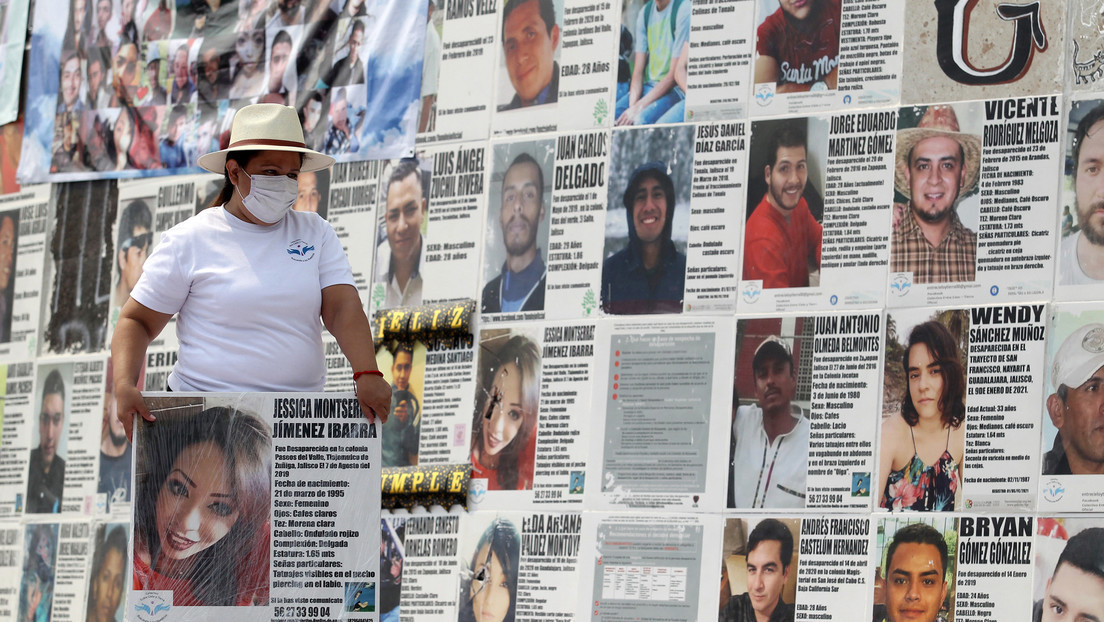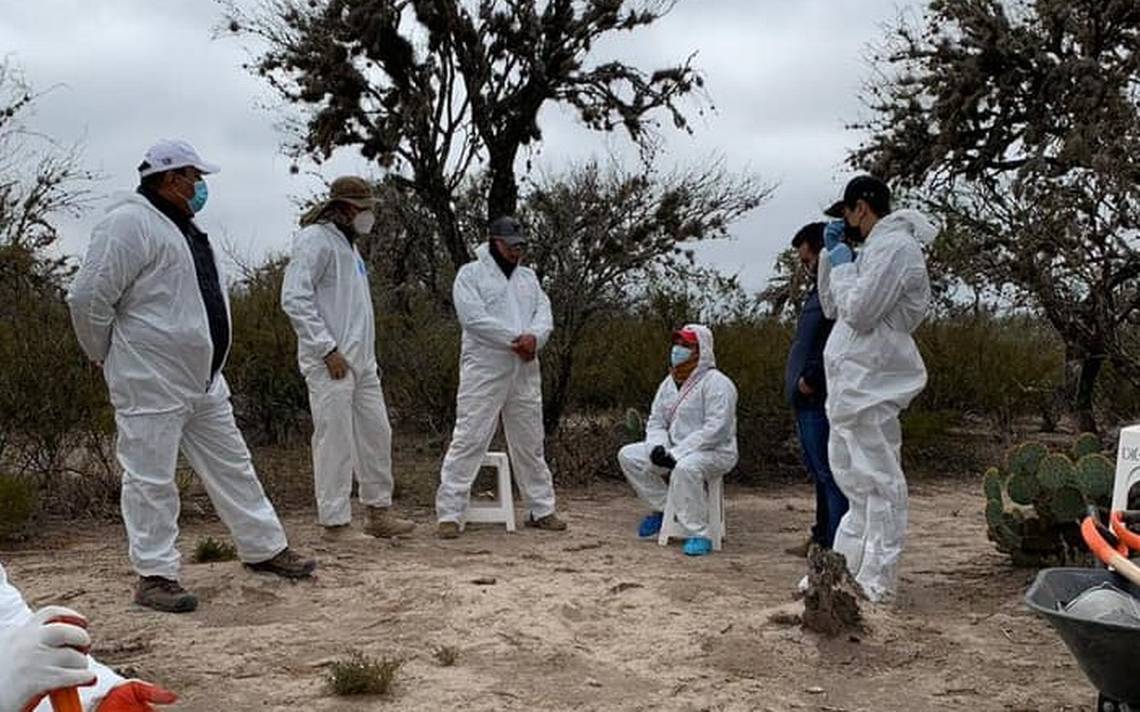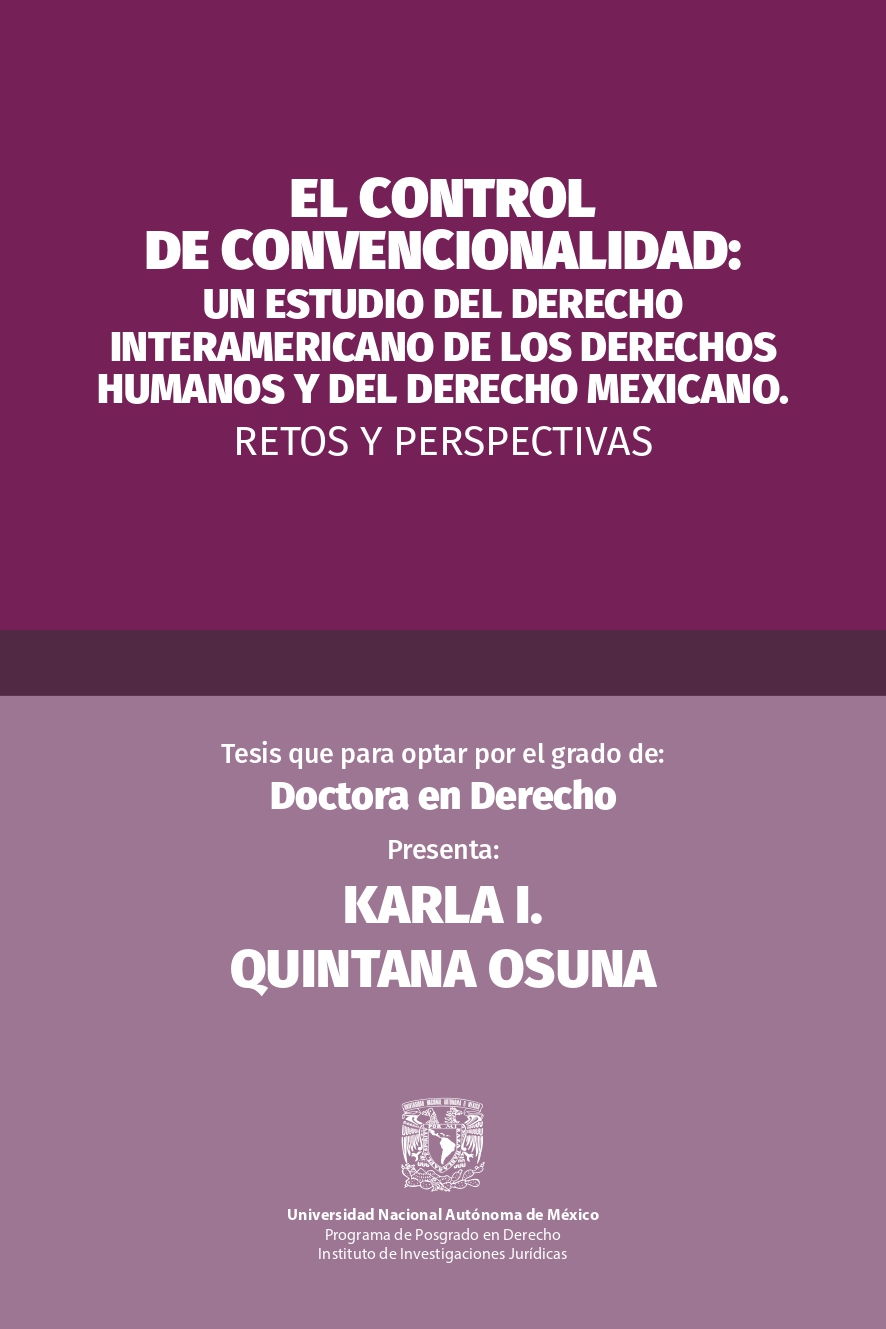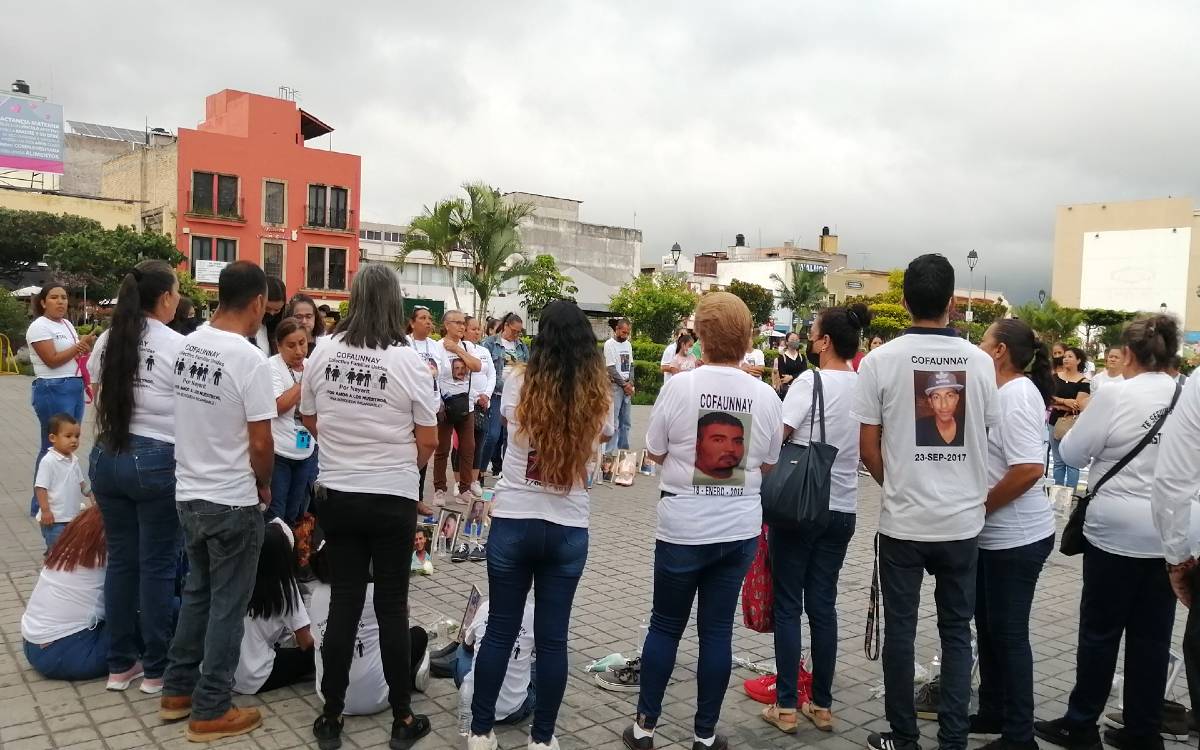Article published on October 6, 2022 by Grupo MILENIO, see original article.
A state crime, a group of independent international experts, a specialized unit for the investigation and litigation of the case (Ueilca), a special prosecutor, a presidential truth commission. Regarding the right to justice (which is the focus of this reflection), Ueilca was building a strategy that investigated the networks involved in that September 26, aimed at both material and intellectual perpetrators. A different section of the FGR hijacks the case, opens an investigation against Ueilca, and brings charges against a former prosecutor for crimes for which, as is publicly known, the case was not prepared. Meanwhile, from the top levels, arrest warrants against military personnel, previously advanced by Ueilca, are canceled. In the Judiciary, cases remain scattered across the country. Sedena hides evidence and protects the accused. The case falls—or rather, is handed over—to the FGR in the hands of the same group that had been in charge of the investigation since 2014. The system itself, the institutions, the structures, the pacts, strengthen and defend themselves. Interference is an understatement.
Ayotzinapa is a symptom and an example —as Claudio Lomnitz said a few days ago— of what is happening, and what is not, in the Mexican justice system.
In Guatemala, Colombia, Argentina, and Peru, prosecutors have advanced investigations into serious human rights violations — including enforced disappearances — that have brought high-ranking officials to trial and led to convictions, from presidents to members of the armed forces. They have understood that there are structures, systems, and contexts that need to be analyzed comprehensively. In Mexico, this has not happened.
It has been said in every possible way and by various actors: we have one of the highest rates of impunity in the Americas, with just a handful of convictions for enforced disappearances. The UN Committee on Enforced Disappearances itself refers to the disappearance of people in Mexico as "the paradigm of the perfect crime." In the context of disappearances, impunity has effectively translated into a de facto amnesty.
There are hundreds of thousands of victims of serious human rights violations and a society that, for the most part, resents and, in part, accepts the disgrace. Ayotzinapa reveals the demons that control these cases. We must move from merely pointing out the causes of impunity and specific cases to a radical overhaul of the justice system. There is no time.
There are powerful individuals and internal power groups that have undeniably damaged the justice system and should leave. But even without them, or regardless of them, the system defends and survives: consider, for instance, the Organic Law of the FGR, which granted nearly absolute power to its head, limited the autonomy of prosecutors in relation to their superiors, and restricted the analysis of macro-criminality. Let’s also recall how the FGR has denied its obligation to search for missing persons and how it has consistently distanced itself from inter-institutional mechanisms — the most recent being the follow-up mechanism to the CED — citing autonomy. We should also consider "the excessive procedural formalism," "the overuse of amparo," and "the passive attitude of judicial institutions" (CED dixit). Across the board, the system defends itself through political, military, and economic structures and pacts; others simply complicate the procedural system, atomize cases, and condemn justice institutions at all levels to budgetary stagnation.
It is urgent to rethink the justice system from political, legal, and social perspectives, as well as to demand the checks and balances of a democratic system. We need to discuss the abandonment of federalism when it comes to serious human rights violations; which crimes to prioritize in investigations; the necessary technical independence of prosecutors from their superiors; the scope of amparo as a resource for the protection of human rights; the nomination of judges or the creation of specialized judicial units for serious human rights violations; the need for institutional and structural reform in the attorney's offices and not just a change in leadership; and the necessity to analyze issues from a systemic perspective rather than an individual one. The justice system must operate as a rule and not as an exception.
We must combat internal institutional inertia, as well as the power structures and vices created externally. It is essential to fight against and dismantle power groups. If the justice system functioned as it should, the structures—of all kinds—and their leaders should know that they are not untouchable.
We cannot continue creating extraordinary institutions—such as those for search and victims—to patch up the omissions of other institutions without the ordinary system being adjusted—as in other countries—to reality and obligations regarding truth and justice. Reforms that, instead of addressing the root of the problem, generate new issues are unacceptable—and unconstitutional—such as the automatic preventive detention, which is, in fact, a form of preemptive punishment and a contemporary witch hunt; or the fragmentation of civil forces and militarization when, moreover, there are viable constitutional and conventional figures to discuss a sustainable response—which includes both military and civilians—in a country experiencing such violence in its territories. The judicial silence on this last point is also unacceptable.
Ayotzinapa reveals the demons of the system, but it should also shake us to begin cleaning the procurement of justice at various levels and to advance in the investigation of power groups that have perhaps been touched like never before. It also allows us to finally open the discussion about truth and justice for all, putting difficult questions on the table for all actors involved. Who benefits from this not being the case? How are we going to make the right to justice a tangible reality for hundreds of thousands of victims of human rights violations? How much collective outrage is needed to open this discussion?







